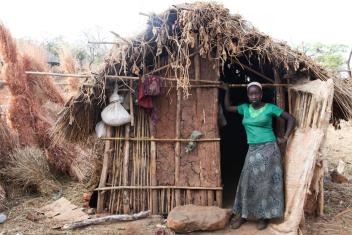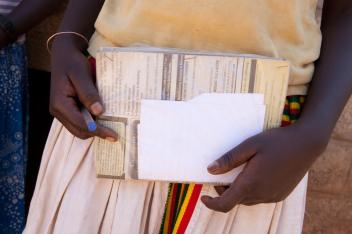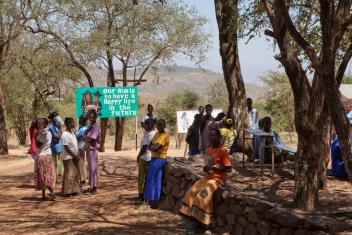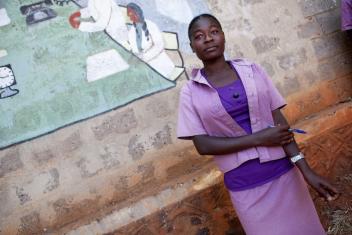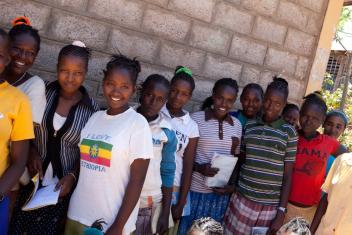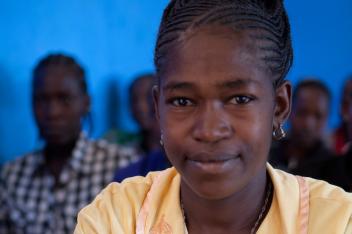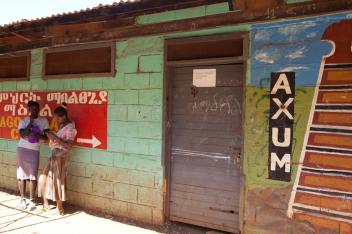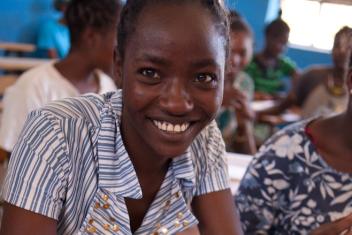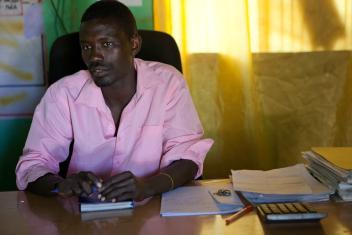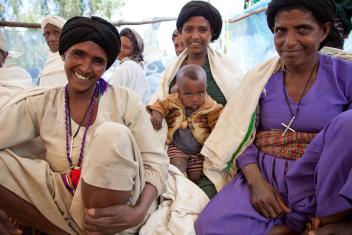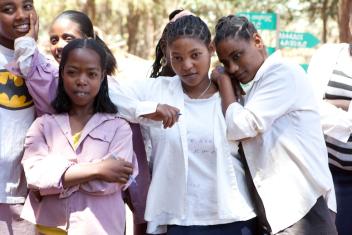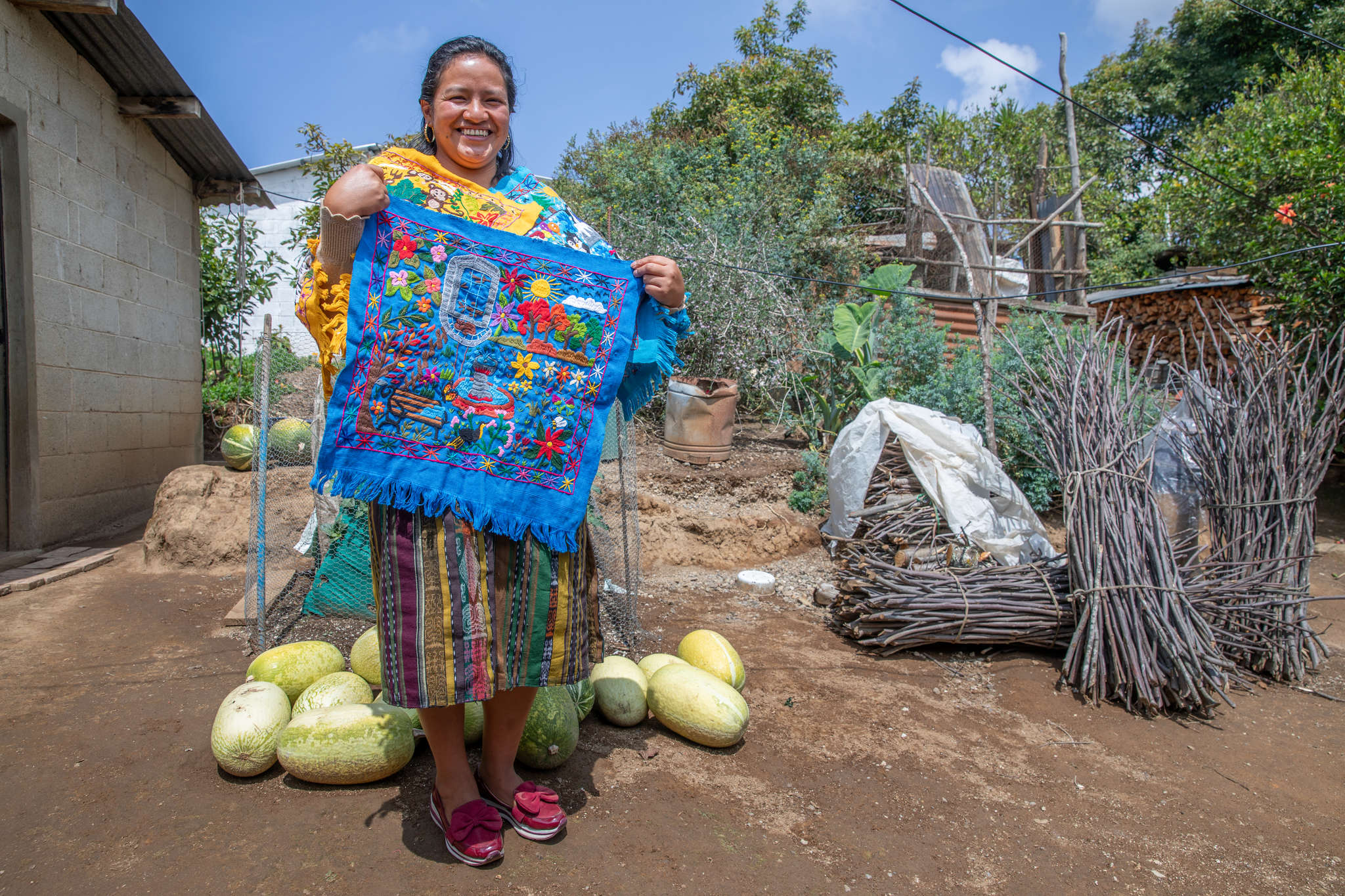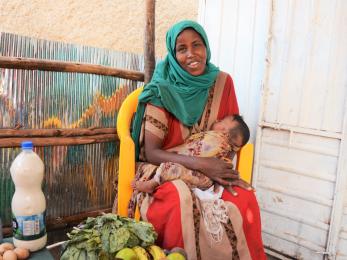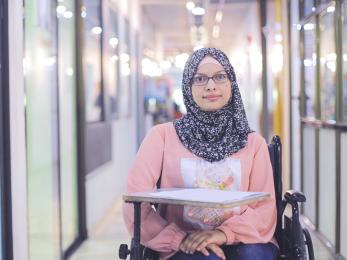Dowries to degrees: An education for Ethiopia's young women
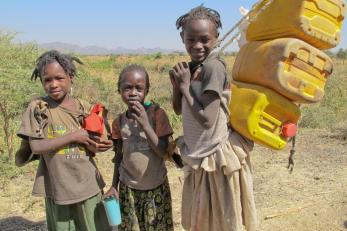
08 March 2012
Seven in 10 girls in Ethiopia do not attend secondary school, depriving them of the many benefits of education: later marriage, healthier children, higher wages, stronger communities, and more prosperous countries.
Mercy Corps is helping girls in one of Ethiopia’s most remote regions explore a future full of new possibilities by providing them with scholarships and academic support to complete secondary school.
